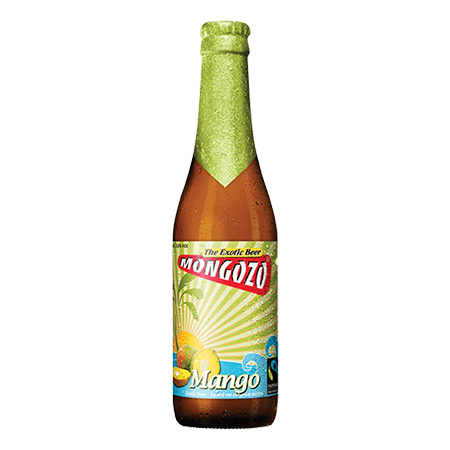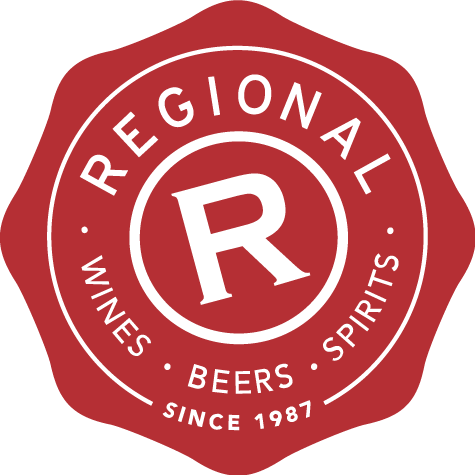
Mongozo Mango and the importance of authenticity...
On this note - today’s beer is an interesting one!
Its roots stem back to African banana beer which is made from the fermentation of mashed bananas and various grains in central equatorial Africa. Mongozo means cheers in the language of the Chokw people based in this region and the brand (originally known as Mongozo African Breweries) was started in the Netherlands by Henrique Kabia who left Angola as a refugee in 1993.
The first Mongozo beer was actually a palm nut beer based on an old recipe handed down through Henrique’s family, and was commercialised in 1998 when Henrique teamed up with a chap called Jan Fleurkens.
The Mongozo Banana Beer followed in 2001, but this one was brewed in collaboration with the Huyghe Brewery in Belgium, and it seems that from then onwards, the Mongozo brand was ingested into the workings of one of Europe’s largest breweries.
Yes, Huyghe is big. This is the sort of outfit that spots a gap in the market - and then buys a brewery making that beer to fill the gap.
When smaller entities are swallowed up by big corporations, it always feels like something has been lost. That said, Huyghe makes some real gems such as Delirium Tremens, and anyway, most of us live in a capitalist society where this sort of thing is seemingly going on all the time.
The Mongozo beers have also kept authentic in many ways, and the banana expression was the first beer to carry a Fair Trade stamp. Further to this, the Mongozo Premium Pilsner launched in 2010, was the world’s first first Fair Trade, organic gluten free beer. No mean feat.
Today’s beer is the Mongozo Mango - let’s give it a go…
Pours a salmon, apricot colour reminiscent of a glass of rosé from provence (but with a white, and not particularly prominent head). What is that I’m getting on the nose? Oh wait - it’s mango! In fact it’s fair to say it smells almost exclusively of mango, perhaps with some white stone fruits if I am being generous. On the palate, things get a bit more exciting as the hops start to vie with the mango flavours. It’s still pretty sweet and mango driven, but there’s a dash of very welcome cleansing bitterness that lightens it up nicely.
Would I drink this beer everyday - no. But would I drink it on the deck under the sun in the summer months - abso-bloody-lutely!
For me this beer is all about the bliss of ignorance. It markets itself as an exotic beer and, well, it’s fair to say it nails it. That said, the beer’s strongest attribute is its hidden heritage, and so you’ve got to ask why the labelling doesn't make more of its African roots?
Although the romance of an Angolan refugee and an original family recipe has certainly evaporated at some stage, this beer has certainly awoken a desire in me to track down a “real” African banana beer… and that can only be good!
